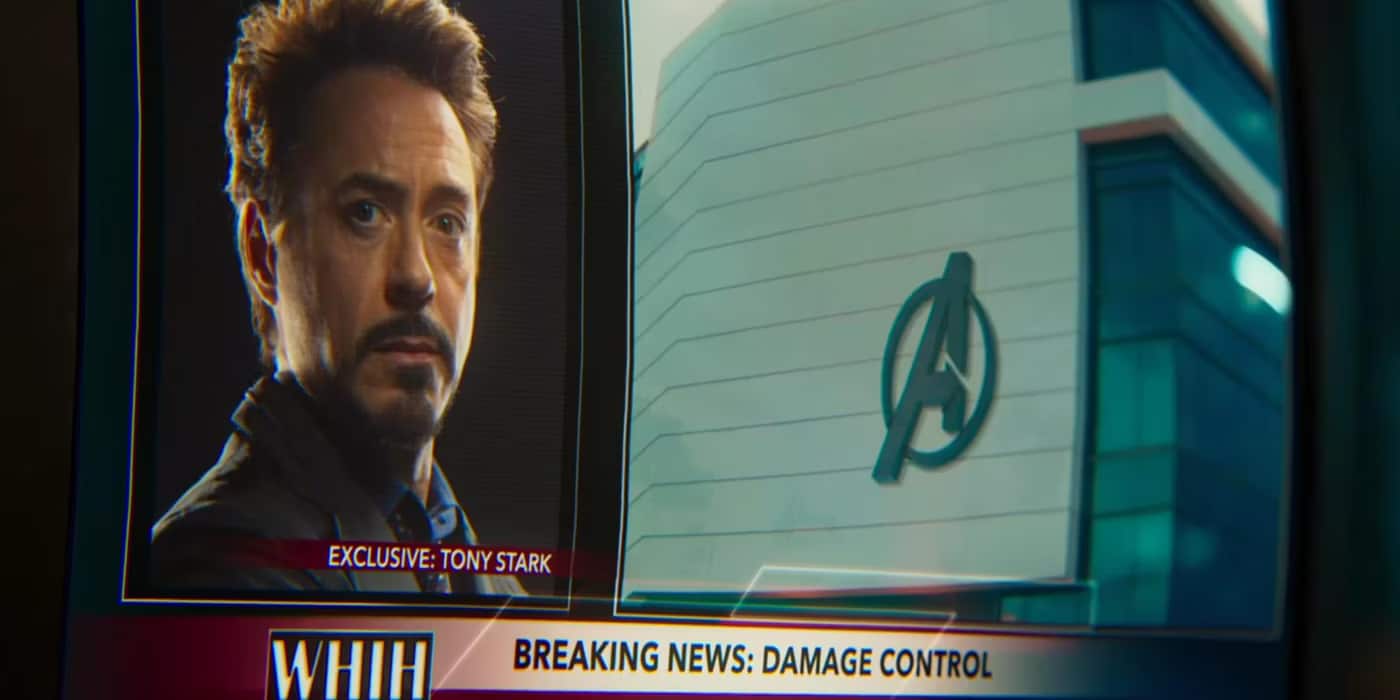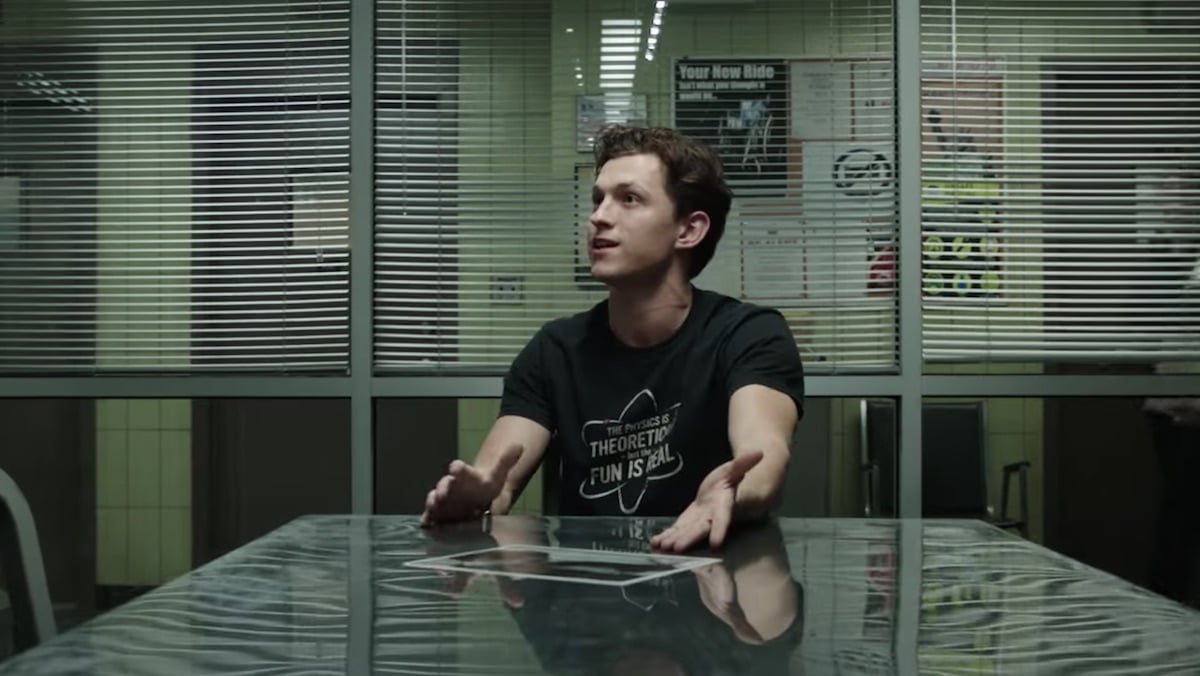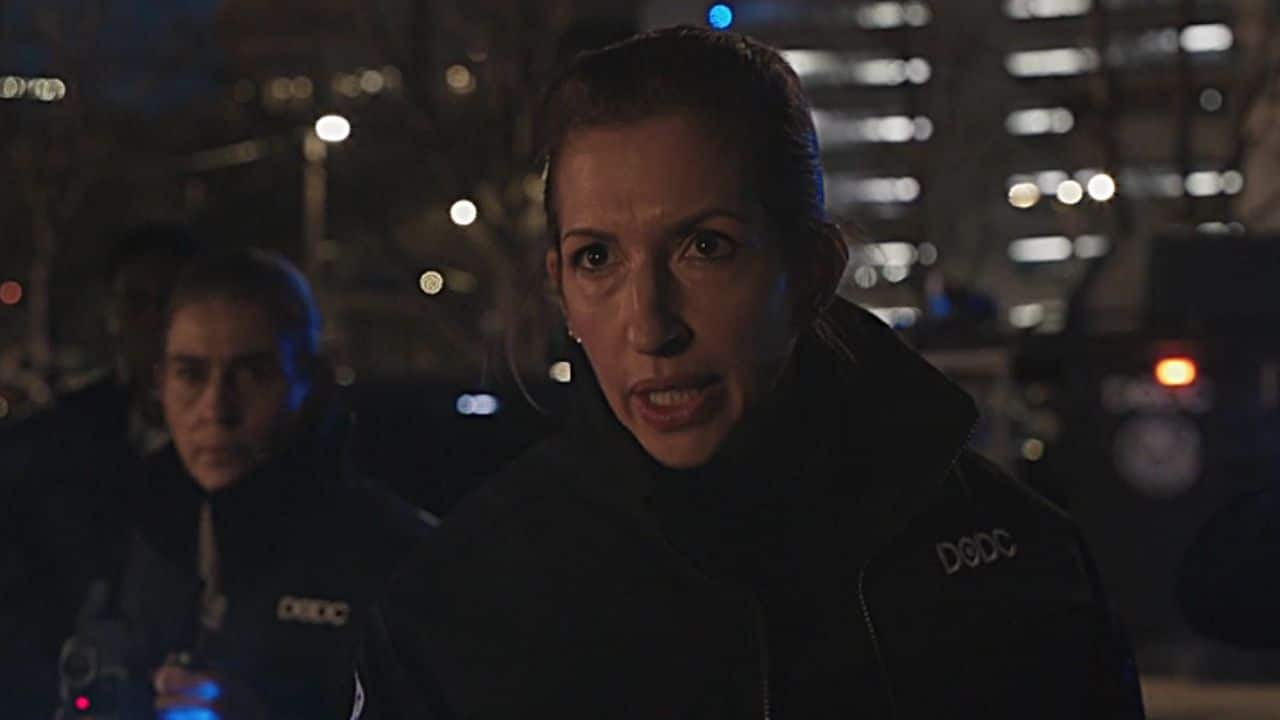Ms. Marvel has kept me busy. With the party at an abandoned military base (legal, but probably expensive), the use of a superpowered and potentially catastrophe-causing bangle (seemingly illegal, but with the recent Supreme Court decision on guns, it’s hard to know), and the history and legal background of the Partition of India, there’s a lot to unpack. Despite all that’s going on, there is one aspect of Ms. Marvel that really stands out: Damage Control. In the comics, Damage Control is a private company that contracts with the government to manage cleanup operations after superhero battles.
Damage Control in the Marvel Cinematic Universe is something else entirely. Instead of being a privately owned company, Damage Control is a federal agency, the “United States Department of Damage Control” (DoDC). While we don’t know all that much about DoDC, the first few minutes of Spider-Man: Homecoming show that the agency was empowered, through an executive order, to take over all salvage operations associated with the Battle of New York from the end of The Avengers.
This, by itself, isn’t especially remarkable. While new agencies don’t pop up everyday, it would be reasonable for Congress to create a new agency to help it deal with issues arising from superheroes or alien invasions. By way of reference, similar concerns led to the creation of the Department of Homeland Security in 2002.
What is remarkable is that, the next time we see DoDC in Spider-Man: No Way Home, the agency has taken on a completely different role. Instead of performing salvage operations and recovering alien artifacts, DoDC engages in full-scale investigations, complete with interrogation rooms, threats of prosecution, and fully equipped SWAT teams. This trend only continues in Ms. Marvel, where we see that Damage Control also uses weaponized drones, full-scale racial and religious profiling, and a massive “DoDC Supermax Prison.”

This week, I’ll take a look at Damage Control in Ms. Marvel to assess whether this drastic expansion in administrative power is legitimate, or whether it is an example of improper government overreach. The tl;dr: While it’s reasonable to assume that it is legal for Damage Control to investigate and detain unregistered superheroes and artifacts, the specific acts shown in No Way Home and Ms. Marvel are clearly illegal and unconstitutional. But here’s why.
Why Damage Control Is (Probably) Legal
The most pressing question is whether Damage Control has authority to investigate crimes, detain suspects, and engage in military-like law enforcement activities. In order for this kind of authority to exist, it must be explicitly authorized by statute. As a point of reference, the FBI is specifically empowered to investigate federal crimes, make arrests, and obtain search warrants. As another example, the Bureau of Prisons (which is part of the Department of Justice) is specifically authorized to “have charge of the management and regulation of all Federal penal and correctional institutions.”
At first glance, it seems highly doubtful that DoDC would have the statutory authorization required to perform its military-like activities. Based on its name and what we know about Damage Control’s early days as depicted in Homecoming, it seems like the agency’s role would be limited to managing cleanup and salvage operations and, potentially, keeping track of alien or supernatural artifacts or weapons.
While these operations would likely involve interactions and cooperation with law enforcement, one would not expect that DoDC would have or need the authority to engage in significant independent law enforcement activities (e.g., running a supermax prison). In this sense, Damage Control — at least in its early days — would best be viewed as a cross between the Department of the Interior and the Department of Homeland Security (which oversees FEMA).

The question, then, is whether there are any reasons why the scope of Damage Control’s operations would have changed between DoDC’s presumptive formation date in 2008 and the events seen in No Way Home and Ms. Marvel (which are set 16 years later, in 2024). It turns out that there are two significant events that could have led to increased authority.
First are the events of Captain America: The Winter Soldier, which resulted in the termination of SHIELD. Prior to its decommissioning, SHIELD was responsible for tracking and containing potentially dangerous devices and protecting the United States from superpowered threats. When SHIELD was shut down, those duties had to be carried out by someone. The fact that DDoC had experience with superpowered objects means it would have been reasonable for MCU-Congress to expand DoDC’s authority to include some or all of SHIELD’s previous responsibilities.
Second, as shown in Captain America: Civil War, the United States was a signatory to the Sokovia Accords, an international treaty that required all enhanced individuals to register with the government. It is common for international treaties to include special provisions requiring signatories to pass “implementing statutes” that codify treaty requirements into domestic law.
For example, the United States signed the Chemical Weapons Convention in 1997 and then passed the “Chemical Weapons Convention Implementation Act,” which copied the terms of the treaty directly into the United States Code. As relevant here, this means that it is reasonable to assume that MCU-Congress passed something resembling a “Sokovia Accords Implementation Act,” which could easily have granted DoDC additional authority to investigate the unauthorized use of superpowers. This would explain why Damage Control was responsible for investigating Spider-Man’s and Ms. Marvel’s unauthorized hero activities.
These events (to say nothing of “The Snap”) mean it is reasonable to assume that DoDC is fully authorized by MCU-Congress and the MCU president to investigate, detain, and apprehend superpowered people and superpowered objects.

Damage Control Still Broke the Law in No Way Home and Ms. Marvel
While DoDC may have statutory authorization to investigate, arrest, and detain super-enhanced individuals, there is no question that its use of that authority — as shown in No Way Home and Ms. Marvel — is unlawful. While Congress can imbue an agency with authority to investigate and make arrests, it cannot authorize constitutional violations.
Interrogations
We see Damage Control conduct interrogations in both No Way Home and Ms. Marvel. All of the interrogations violate basic constitutional principles. You are probably familiar with the Miranda warning, as you see it all the time in TV and movies: “You have the right to remain silent. Anything you say can be used against you in a court of law. You have the right to an attorney…” Law enforcement officials are constitutionally required to provide that warning whenever someone is arrested. Yet, it appears that warning was not provided at any of the DoDC interrogations.
On the other hand, the Supreme Court issued a decision last week stating that, while Miranda warnings are constitutionally required, defendants do not have a constitutional right to receive them. Since the DoDC interrogations take place in 2024, it’s possible that the MCU-Supreme Court issued additional decisions further restricting the right.
The lack of Miranda warnings was not the only problem with the interrogations. The constitution also requires investigators to stop interrogating a suspect if the suspect requests a lawyer. In No Way Home, both MJ and Aunt May asked for a lawyer, yet the interrogations continued.

Investigating Mosques
In the second and third episodes of Ms. Marvel, we see that Damage Control searched “every temple, community center, and mosque” in the New York tri-state area, based on a single witness’s vague, silent, and involuntary suggestion that Ms. Marvel is South Asian.
This, too, is obviously unconstitutional. While law enforcement officials are allowed to use a suspect’s race or religion to narrow the scope of a search, a statement — even a definitive one — that a suspect is South Asian does not amount to probable cause to search, or even surveil, a religious institution (let alone all religious institutions in the tri-state area). Indeed, this practice was firmly rebuked in 2015, when a federal appeals court found that it would be improper to target businesses or institutions based solely on religion, and it would be further improper to use ethnicity as a proxy for religion.
Conclusion
While the MCU’s “United States Department of Damage Control” is distinct from its comics counterpart, both organizations have their fair share of problems. In the comics, Damage Control was flawed from the start because it was initially co-owned by Tony Stark and Kingpin. As a co-owner, Kingpin used Damage Control to profit from nefarious schemes. Even if his plans were thwarted by the heroes, he would still make a hefty profit from the cleanup contract.
The MCU version of Damage Control does not seem distracted by profit motive. Nevertheless, its shady and unconstitutional activities provide good reason to be skeptical of the new incarnation, and they show that DoDC was still inspired by its comic-based counterpart. The fact that the organization also seems to be at odds with our favorite heroes suggests that there may be a more nefarious purpose at work behind the scenes.
While we may not get to the bottom of it in Ms. Marvel, the constitutional violations and government overreach seem to set the stage for an enterprising lawyer to tear it all down. While the most obvious candidate would be Jennifer Walters — aka She-Hulk, who can literally tear it all down — I can think of at least one other columnist-lawyer who could also get the job done. #DontNeedNoDaredevil #SeeMyLinkedIn #SheHulkAdlerTeamUp






Published: Jul 3, 2022 02:00 pm